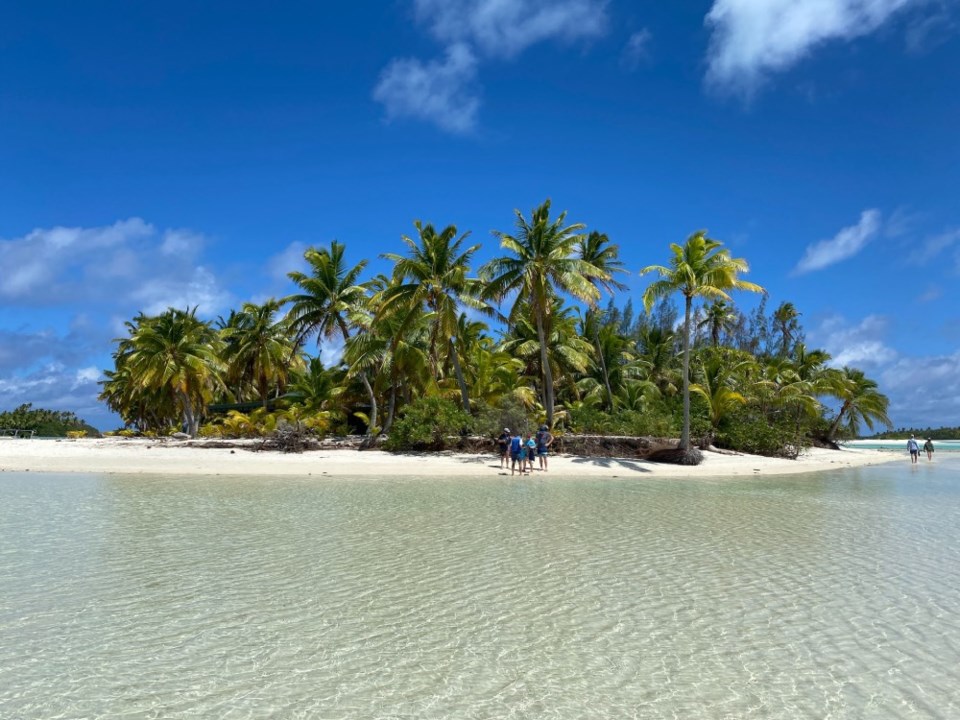The Guardian newspaper recently reported in an article that members of the Alliance of Small Island States (AOSIS) are afraid that rising sea levels due to climate change are threatening their status as states. Some of these states, like Tuvalu in the South Pacific, are already seeing their shorelines recede. Since the definition of “state” includes physical territory, if those islands disappear, the people of those islands are afraid they’ll become state-less.
That’s sad enough, but consider that the AOSIS members, including countries as large as Cuba and as small as Micronesia, account for less than one percent of the global emissions associated with climate change.
How fair is that? one wonders.
This makes for an object lesson in one of the keys in most religions: sin. And when I talk about “sin”, I’m not necessarily referring to the lengthy list of offences and commandments in the Bible. Rather, I’m referring anything contrary to Jesus Christ’s assertion that the Greatest Commandment is “Love God with all you have”, followed closely by: “Love your neighbour as yourself.” All the laws and prophets, He says, hang on the principle that we consider God first, everyone else next, and ourselves at the bottom of the list.
This gives us a quick litmus test we can give ourselves when considering an action we might take, which is to ask whom the action benefits. If the answer is, “us”, maybe we ought to expand the picture and reconsider it.
An action might seem perfectly innocuous – “a good idea at the time” – but there could be a downstream impact that we could never anticipate. How many times have we done something that “worked for us as individuals”, without considering that it didn’t work for others? In some cases, that “good idea” may harm people we don’t know, in places we haven’t heard of, or to generations yet unborn?
The sad case of the AOSIS members is an example. The industrial activities of more developed countries have caused this crisis to their very existence. Indeed, some of the climate-change solutions that developed countries have implemented may, paradoxically, play a part. We “First Worlders” want more electric vehicles, heat pumps and other eco-friendly devices that we “just plug in”. But generating more electricity can mean expanding hydroelectric projects, which wipes out forests; while mining for metals to make electric vehicle batteries is another major cause of deforestation and tempts companies to encroach on others’ traditional homelands, which would violate warnings in the books of Deuteronomy, Job and the Proverbs.
This has brought the term “eco-colonialism” into our lexicon: mining and other activities on Aboriginal lands, in the name of producing “green” energy. It may benefit us individually, or make us look like we’re “doing our part for Mother Earth”, but what is the impact on others?
Granted, we could go mad trying to anticipate the consequences of every action we take. So how do we take those consequences into account? By first accepting that there are downstream consequences, and then by spending time praying and listening – especially the latter. If the situation is as dire as experts and the leaders of AOSIS countries say it is (and I have no doubt), then this is too important an issue not to take the time to ask, “Should we do this?” Then go quiet and listen, even if we hear, “no, it’s not.”
“Be still,” the Psalm says, “and know that I am God.” If we are still for long enough, the answer to what we should do will come; and it will be the right answer.
Drew Snider is a pastor at the Mustard Seed Street Church in Downtown Victoria. He has also written an e-book, "A Very Convenient Truth - or, Jesus Warned Us There'd Be Days Like These, so Stop Worrying About the Planet and Get With His Program!”
You can read more articles on our multifaith blog, Spiritually Speaking, at https://www.timescolonist.com/blogs/spiritually-speaking
* This article was published in the print edition of the Times Colonist on Saturday, July 8th 2023



